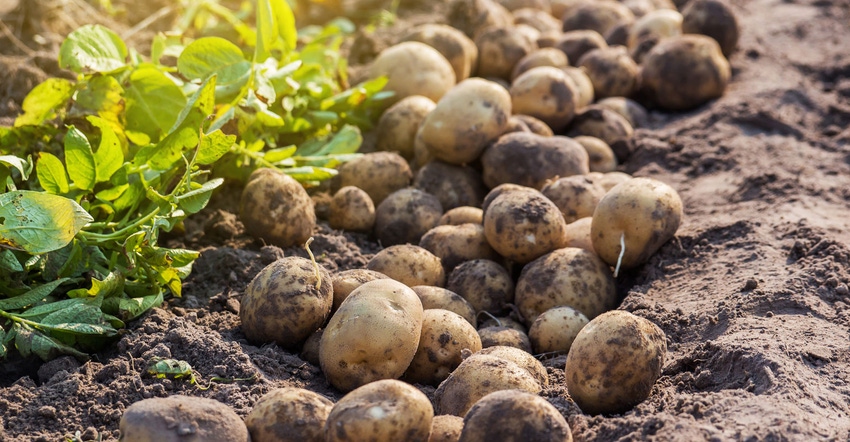May 3, 2021

Varghese Thomas is facing a challenge. Thomas, who works in discovery and innovation for Bayer, researches biological products for crops, and he knows these tools work. “They work perfectly in my greenhouses,” he says.
Trouble is, in the field, biologicals can be variable in their performance. “Our products are very good, but we don’t fully understand why there is variable performance — which can impact consistency from one field to the next,” he says.
The company is teaming up with Biome Makers, which uses tools like DNA sequencing and ecological computing to better understand what��’s happening in the soil biome. “So, we said, let’s use this technology to better understand the mode of action,” Thomas says.
The goal of the new relationship, announced recently, is to better understand what factors impact biological performance, and develop tools and practices that boost consistency. Thomas notes that adoption of new biological products has been slow, due in part to the issue of consistency.
Bayer’s initial work in evaluating the environment-biological relationship is with potatoes; Thomas says this work was further expanded to more than 20 locations in 2020, and the company is looking at the data generated. It’s likely that the company will continue to expand to more locations in 2021. What Biome Makers brings to the relationship are artificial intelligence and analysis that help understand what’s happening underground, where a host of microorganisms are at work.
Thomas explains that with this technology, Bayer can better understand the other microbes that may already exist in the field before that biological is applied. “This is a genetics-by-environment interaction,” he says. “So instead of using a biological under any conditions and expecting consistent results, we want to consider the environment to guide farmers to the best possible outcome.”
It's more important to better understand the environment where that biological is being used in that field.
Getting beyond composition
Thomas explains that biologicals are often sold by their composition — the microbe at work. “Bayer, as a science company — we want to better understand the ecological or the functional performance of this product. So, not just on its composition, but what is the role of this microbe going to be in that particular environment?” he says.
It does sound complicated, and Biome Makers is bringing significant computing power to the process, using artificial intelligence to measure and better understand the microbiome where that crop is grown. But with that information, it makes it possible to know that a biological will perform when you know where the crop is grown.
And that does have payback. Bayer and Biome Makers conducted a study using the new biological fungicide Minuet. Using Biome Maker tools, the software allowed Bayer to predict potato yield improvement before application of Minuet. In a field predicted to give good results with the microbial product, a substantial yield increase was observed in several Idaho field tests. Biome Makers uses what it calls the Gheom field trials protocol to evaluate biological performance. The tool is designed to gauge biological product efficacy by analyzing the soil microbiome. That knowledge can boost predicted performance of biologicals.
Adds Thomas: “We’ll extend this to a larger number of trials [in potatoes] this year. We want to see if we can go back and see the same performance we saw last year. If we see success, then we can expand to other crops as well.”
About the Author(s)
You May Also Like






